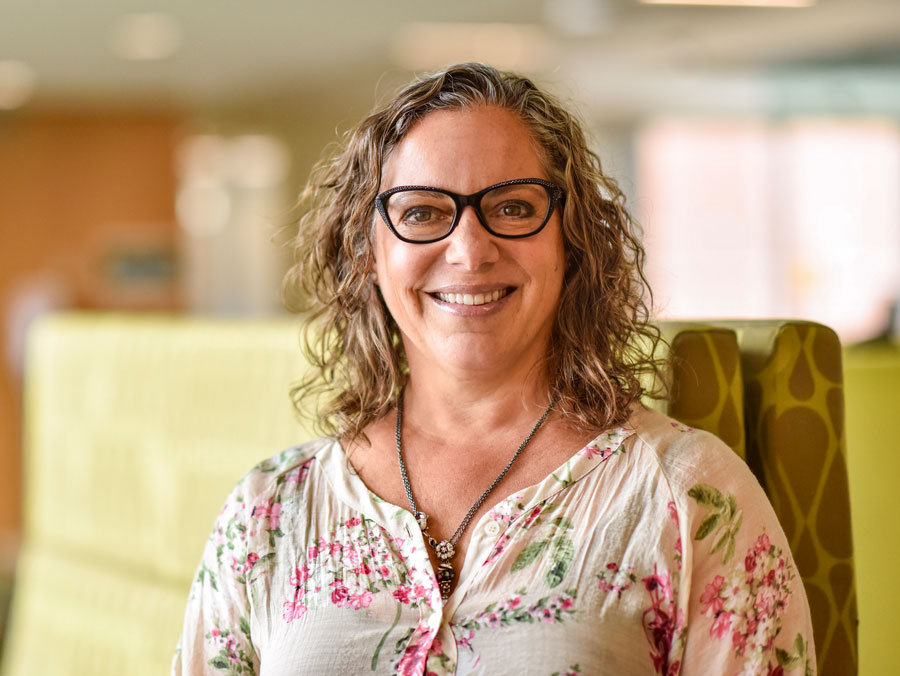 By Erica Techo
By Erica Techo
University of Alabama at Birmingham (UAB) School of Nursing Assistant Professor Rebecca Edwards, DNP, CRNP, ACNP-BC , AOCNP, ACHPN, is continuing her research on palliative care in Jamaica with the support of a two-year, $30,000 American Cancer Society Doctoral Scholarship Award.
“The goal of my study is to get a better idea of health care professional, patient and caregiver palliative care needs in the realm of late stage cancer experiences,” Edwards said. “It is important to ascertain perceptions through interviews so that when we’re building palliative care policy and developing it across the country, we’re doing it in a way that is informed by those who are most closely impacted.”
The grant will fund Edwards’ travel, lodging and research-related expenses in Jamaica as she collects data for her mixed methods study, part of her dissertation research.
Across the world, only about 14 percent of people in need of palliative care receive it, according to data from the World Health Organization, and Jamaica is a country that lacks general availability of this care.
Edwards has spent time in Jamaica over the last two years, attending a research immersion, networking with health care professionals and building relationships with other nursing faculty at the UAB School of Nursing’s sister school, The University of the West Indies. While a third research immersion was put on hold as a result of the COVID-19 pandemic, Edwards said her research and work with UWI continue to build on the School’s existing partnership through the schools’ Pan American/World Health Organization Collaborating Centers for International Nursing.
During her study, Edwards will conduct interviews across at a range of community health centers, private and public hospitals and other institutions in the Southeast Regional Health Authority in Jamaica.
“When developing palliative care policy and interventions, context is key,” she said. “What we experience in the United States and what is the norm here may not be culturally acceptable in Jamaica. Those factors can include spiritual beliefs, homeopathic treatments and mistrust of health providers.”
A “nursing migration” is also at play in Jamaica. Edwards has written on this topic as well and said it is an important factor in discussions of health care policy and palliative care.
“Nurses are an important part of palliative care, and while nursing is being touted as a very respected profession in the U.S., especially in COVID times, that’s not necessarily the case everywhere,” Edwards continued. “It is important to understand how Jamaican society looks at nurses and how nurses view themselves to determine how these factors fit into the puzzle of palliative care in the country.”
Edwards’ mentors are Professor of Nursing and Marie L. O’Koren Endowed Chair in Nursing Marie Bakitas, DNSc, NP-C, FAAN, Associate Professor and Deputy Director of the Pan American Health Organization (PAHO)/WHOCC for International Nursing, Ada Markaki, PhD, RN, PHCNS-BC, and Palliative Care professional Dingle Spence, BSc, MBBS, DMRT, Dip Pall. Med, FRCR.
“I really appreciate that the American Cancer Society is invested not only in the care of cancer patients, but also how palliative care intersects with that,” Edwards said. “Even though my research is not set in the U.S., I was funded. I think this shows that the organization has interests that are globally important as well.”
